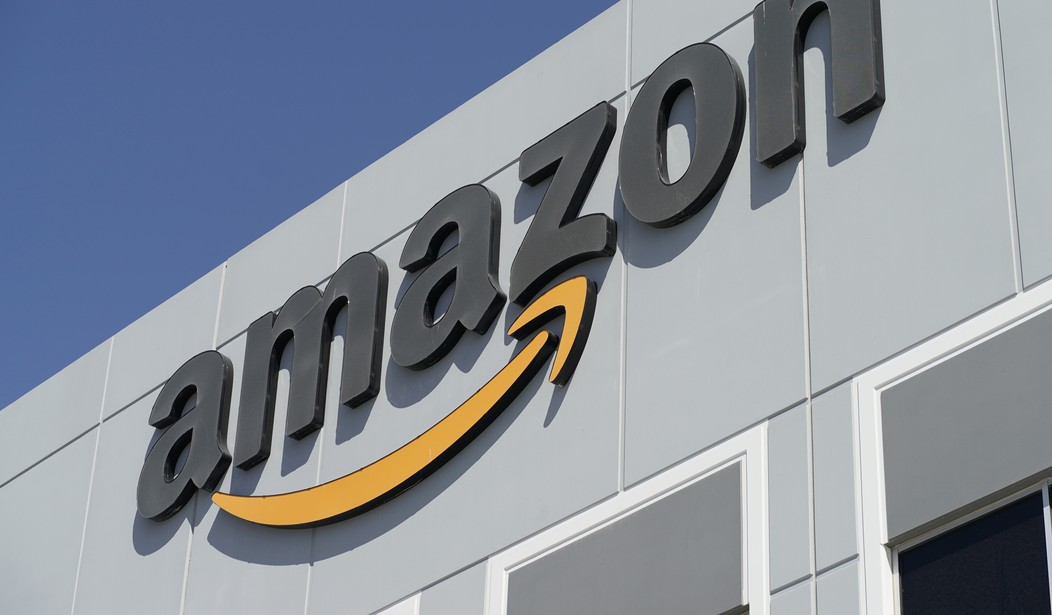One of Amazon’s guiding leadership principles is to “earn trust.” If Amazon Web Services (AWS) customers took that motto to heart, they would be searching for a new cloud provider.
Between its continued security breaches and its sleazy practice of locking customers into exorbitant bills, all that AWS has earned is the expectation that it will cost its clients dearly in both data and dollars.
Last month, a cloud security company uncovered two critical vulnerabilities in AWS’s system that went undetected by the cloud provider. These vulnerabilities placed AWS customers at serious risk for a dangerously long period of time.
One bug in AWS’s “Glue” data integration service permitted prospective attackers to “access data of other AWS Glue customers.” An attacker could have also leveraged a second identified bug to gain “privileged access to any resource in AWS” or “leak sensitive files.”
These critical vulnerabilities could have left organizations with proprietary information exposed to the world. AWS customers are lucky that a sophisticated hacker didn’t exploit their cloud’s lax security and cause a crisis.
AWS has also earned mistrust with its shady business practices. Foremost among them is the company’s “notorious” habit of locking customers into their service by threatening excessive fees for moving customer data.
AWS holds up customers with an egress fee that is levied when a customer wants to move data to a different platform. While AWS is happy to upload data for free, customers are often confronted “with the shock of seeing how much it costs to get it back out”. As one market analyst put it, it can feel like “they twist the knife and they rub salt” when trying to reclaim data.
Recommended
For customers with a limited budget, it means being locked into AWS’s costly terms. For customers who are determined to power through AWS’s lock-in, they can expect to fork over millions. In 2018, for example, Netflix paid AWS nearly $20 million just to move its data.
Many clients have found themselves paying AWS more and more as costs pile up. Internal AWS sales figures show that in 2018, Pinterest’s data transfer bill increased 78 percent from the prior year, Airbnb’s rose 163 percent, Capital One’s grew 181 percent, and Snap’s shot up 588 percent.
Even a former Amazon official, who spent nine years as AWS’s global marketing chief, called the company’s egress fees “a customer-hostile pricing strategy” that’s designed “to lock you in and make it really hard to get out.”
These customer-hostile policies, which have helped it become the largest cloud-computing provider in the U.S, made AWS a leading subject in the House Antitrust Subcommittee’s recent investigation of Big Tech. The subcommittee report identified customers who said they view AWS’s fees “less as a cost for Amazon to transport data and more as friction imposed by Amazon for switching providers.”
The subcommittee report captured the growing discontent among AWS clients and the “pressure to rethink their billing model” that “has long been a frustration for customers.”
Thanks to AWS’s cloud trap, many clients conclude that moving data “would be difficult to implement and would cause us to incur significant time and expense and could disrupt or degrade our ability to deliver our products and services.” That’s how one AWS customer put it to congressional investigators.
Egress fees are just one of many ways AWS and other Big Tech giants secure market power while undermining openness, competition, and innovation.
AWS has cemented its reputation for threatening egregious charges in the hopes that it keeps its customers locked down against their will. It may not be trust, but it is one thing AWS has earned.
Mike Davis is the founder and president of the Internet Accountability Project, a conservative grassroots advocacy organization that opposes Big Tech and seeks to hold these companies accountable for their bad acts. He was previously chief counsel for nominations on the Senate Judiciary Committee under the chairmanship of Sen. Chuck Grassley, R-Iowa.

























Join the conversation as a VIP Member